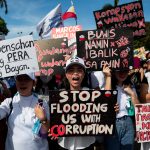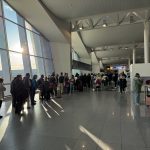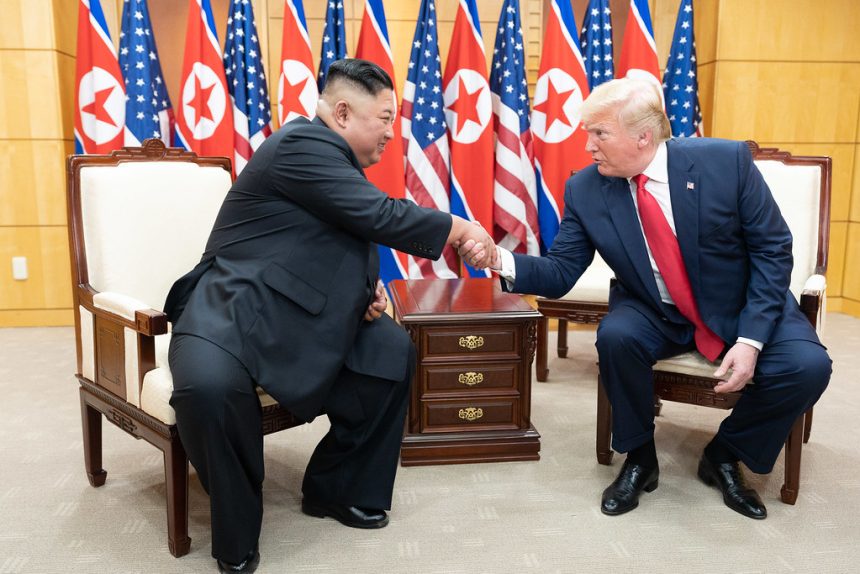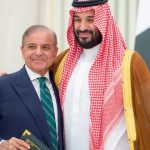What Kim Jong-Un Has Said
In a speech to the Supreme People’s Assembly in Pyongyang, North Korean leader Kim Jong-Un declared he would be open to meeting with U.S. leaders—provided Washington abandons its requirement that North Korea fully give up its nuclear weapons.
He reiterated that denuclearization is off the table as a precondition. Pyongyang frames its nuclear arsenal as essential for regime survival in the face of what it perceives as threats from the U.S. and South Korea. Reuters+1 Kim also expressed “fond memories” of his past meetings with former U.S. President Donald Trump—three summits in 2018-2019—using that as a basis to suggest dialogue could resume under changed terms.
Conditions for Dialogue
Kim laid out a clear set of conditions and red lines for any renewed engagement:
- The U.S. must drop its “obsession” with denuclearization as a precondition for talks.
- North Korea would consider medium-term negotiations over nuclear reductions if mutual trust is restored and regime security is assured.
- He explicitly ruled out giving up existing nuclear weapons, insisting they are non-negotiable.
Other Actors’ Positions & Reactions
- South Korea, under its new liberal administration led by President Lee Jae-myung, has signalled more flexibility. Lee has expressed support for a “realistic” approach—such as a freeze on nuclear production rather than full disarmament immediately.
- Washington’s response has been cautious. While U.S. officials haven’t publicly accepted Kim’s terms, there is speculation that President Trump may seek a summit if conditions seem viable. Analysts remain wary of whether North Korea’s conditions are genuine bargaining stances or placeholders.
Why This Is Significant
- These remarks mark one of the strongest recent signals from Kim that he is open to diplomacy, even though the conditions are difficult. It’s the first time he has so clearly tied dialogue to a change in U.S. expectations.
- The shift might indicate North Korea believes its nuclear deterrent is sufficiently robust, letting it push for negotiations from a position of strength.
- It also reflects growing impatience (or strategic recalibration) in Seoul and among some U.S. policymakers with the longstanding policy of sanctions + pressure, which critics say have failed to stop North Korea’s nuclear advancement.
Challenges Ahead
- The U.S. and its allies continue to regard denuclearization as fundamental; dropping it as a demand may be politically or legally difficult given existing resolutions and treaties.
- Trust is a major hurdle. Past negotiations (2018-2019) collapsed amid disagreement about verification, dismantling, and transparency. Even if talks resume, how to verify “reductions” will be contentious.
- Timing and venue matter. When, where, and under what circumstances any meeting might happen will be watched closely—especially by South Korea, China, and Japan.










